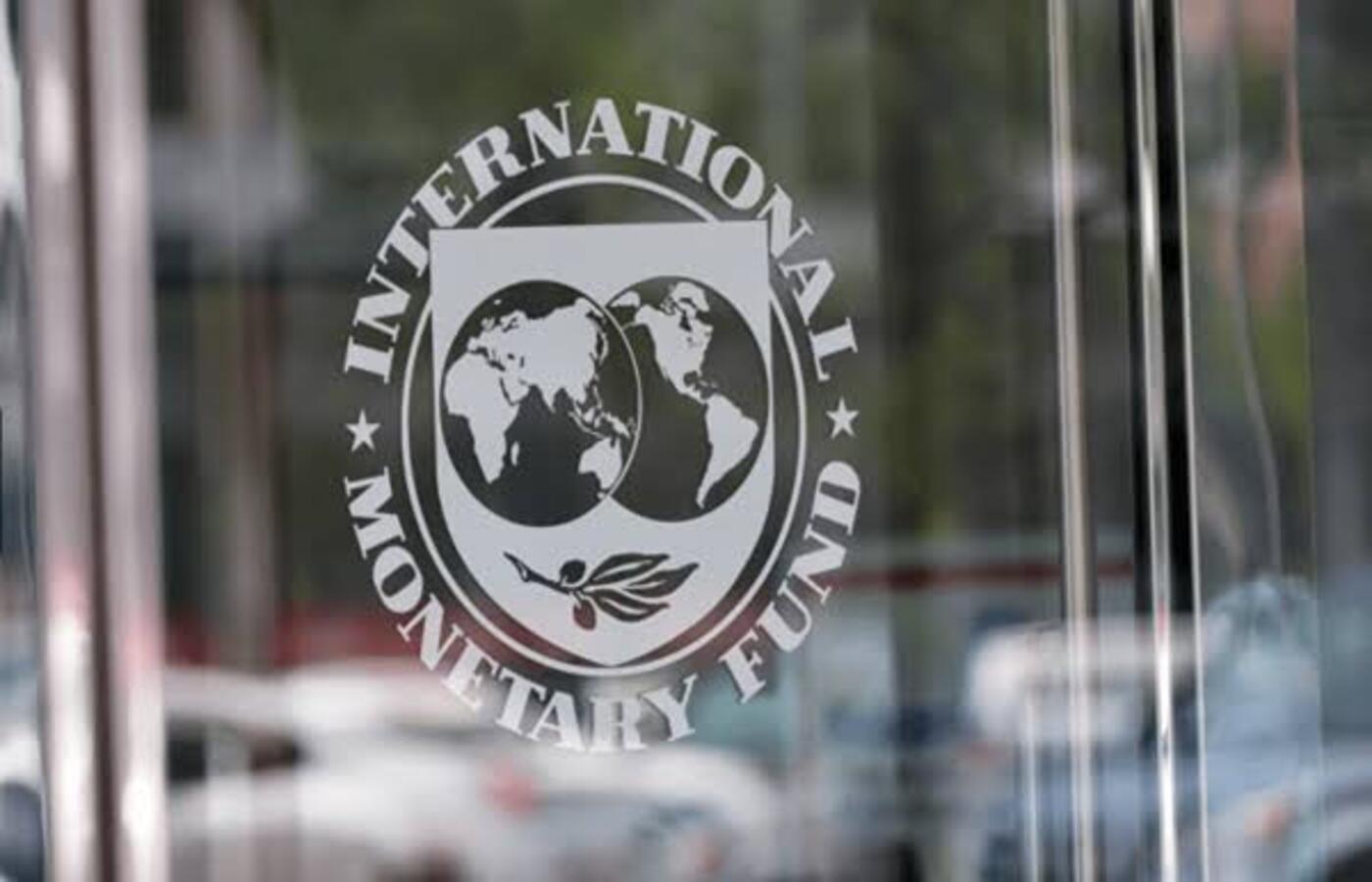Global shipping giant Maersk has announced changes to its Blue Nile Express service route and a temporary suspension of bookings to and from Djibouti and Berbera due to the volatile security situation in the Red Sea and Gulf of Aden region.
In an update notice on January 19, 2024, Maersk said the Blue Nile Express service will now omit calling at ports in the Red Sea and instead take an amended route of Jebel Ali - Salalah - Hazira - Nhava Sheva - Jebel Ali.
More significantly, Maersk said it will stop accepting any new bookings for Djibouti and Berbera on the Blue Nile Express service, effective immediately. Existing bookings to and from these ports will still be honored.
The decision comes as Maersk cited "all available intelligence" confirming that the security risk in the region remains at a "significantly high level".
In its notice, Maersk said the situation in the Red Sea and Gulf of Aden continues to be volatile. The priority is ensuring the safety of seafarers, vessels, and cargo, it added.
With these temporary changes, Maersk hopes to provide customers with more consistency and predictability despite expected delays due to re-routed services. It urged customers to prepare for ongoing complications in the area.
The suspension of bookings to Djibouti and Berbera is expected to cause significant disruptions for supply chains in East Africa that rely on these ports.
The move will particularly impact Ethiopia, as Djibouti and Berbera are major conduits for its maritime trade. Analysts warn that Ethiopia could see costs rise and delivery delays for vital imports if alternate routings cannot fully replace capacity through these suspended ports.
Ongoing attacks by Yemen-based Houthi rebels on vessels in the Red Sea have crippled shipping traffic through the Suez Canal. Exporters in the Black Sea region and other parts of the world have been forced to explore alternative, more expensive routes for maritime transport.
Trade volumes passing through the Suez Canal have fallen by an estimated 40 percent since the attacks commenced, according to analysts.
The paralysis of this strategic waterway, still recovering from last year's grounding of the Ever Given, has created fresh uncertainty and cost pressures for global supply chains reliant on timely shipments between Europe and Asia.
Shipping companies have had to detour south around Africa to stay clear of the rebel incursions, an added weeks-long delay at a time when soaring fuel prices are already hitting profits. Unless the attacks end, trade diversion looks set to continue pushing up consumer prices globally.





